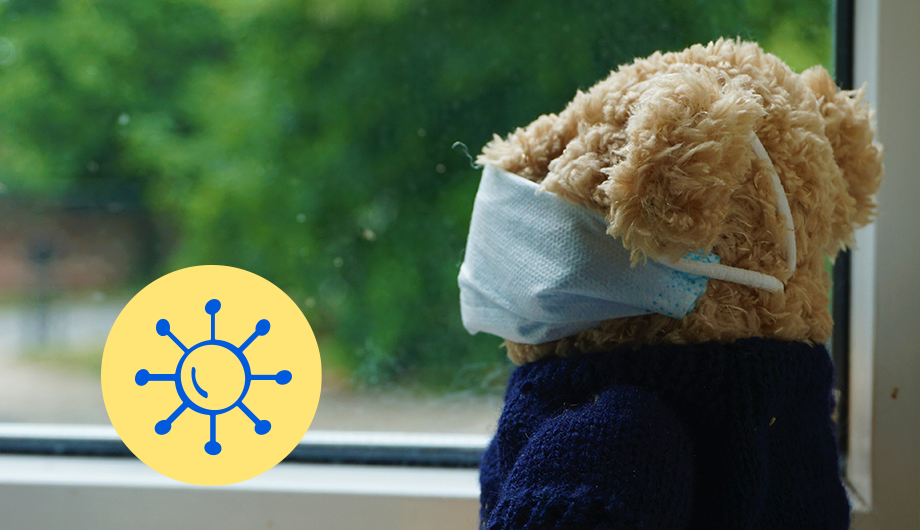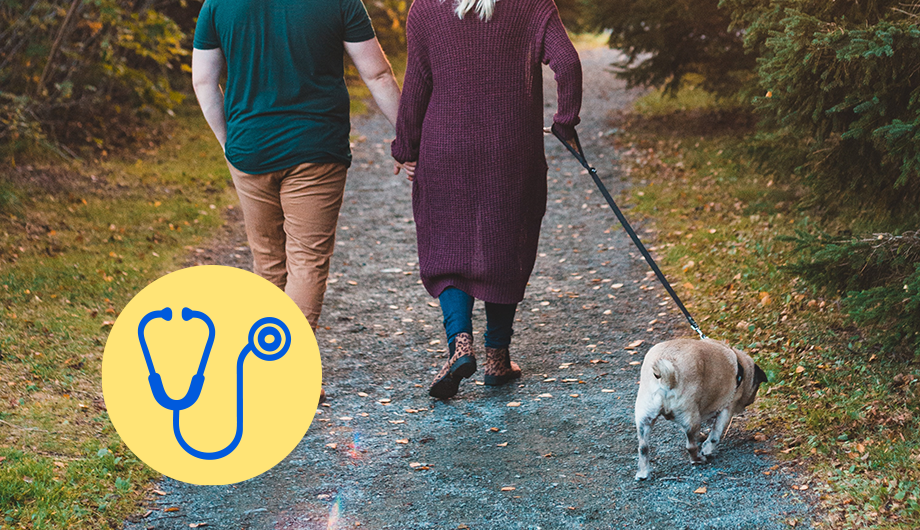
Support organisations
see this list of support organisations that may be able to help.

Public Health England have published a report (12th November 2020).
View: COVID-19: deaths of people with learning disabilities
Public Health England have published a report (12th November 2020) on the number of Covid-19 related deaths of people with learning disabilities from the beginning of the Covid-19 pandemic to 5th June. We send our condolences to those families who have lost loved ones.
The report finds, after adjustments for under-reporting, that the estimated rate of deaths due to Covid-19 was 3.6 times the rate in the general population. Analysis of available data has shown adults with learning disabilities were over-represented by at least 3.1 times among the numbers of people dying.
On average, people with learning disabilities were also dying younger from Covid-19 than the general population. The largest number of deaths for people with learning disabilities was 55-64 years, compared to over 75 for the general population.
Viv Cooper, Chief Executive of the Challenging Behaviour Foundation said:
“Today’s findings are deeply concerning to people with learning disabilities and their families- and should be deeply concerning to Government.
We urgently need to see more research into the reasons so many people with learning disabilities have died, particularly among younger age groups, in order to protect others. We call on the Government to add people with learning disabilities to the clinically vulnerable list and to prioritise them for a vaccine. In the meantime, the Government and NHS England must do more to ensure that people with learning disabilities are prioritised for access to preventative care, including vitamin D supplements and the flu vaccine.”
We don’t yet know why death rates are so high among people with learning disabilities – and we need to know so we can do something about it – but we do know that unequal access to healthcare for children and adults with learning disabilities is not a new problem. Issues such as diagnostic overshadowing lead to people with learning disabilities not receiving timely healthcare.
As the pandemic continues, it is essential that action is taken by government to ensure that children, young people and adults with learning disabilities receive equal access to healthcare. Processes must be put in place to ensure social and healthcare staff effectively support the health care of people with a learning disability. This will include:
We also need to see urgent action to address the significant health impacts and potential deaths of people with learning disabilities unable to see their relatives. Families continue to face barriers visiting their relatives who live away from home. Often children, young people and adults with severe learning disabilities are not able to engage with virtual technology, and struggle to understand why they are not allowed contact with their relatives. The impact of lack of contact with family can be very detrimental to an individual’s mental and physical health, and families are calling for measures to be put in place to enable continued contact with relatives as the pandemic continues. This can be done safely if families are given keyworker status and able to access testing and vaccines along with priority care home staff.
Mother demands access for families to loved ones in care facilities

see this list of support organisations that may be able to help.

Resources and information on health and other topics related to the pandemic can be found on the COVID-19 page of the CBF website:

Resources for families around health
We recognise that the content of these reports may be very distressing for families, especially at the current time. If you are in need of support, or just a listening ear, please contact the CBF family support service on support@thecbf.org.uk or by phone on 0300 666 0126